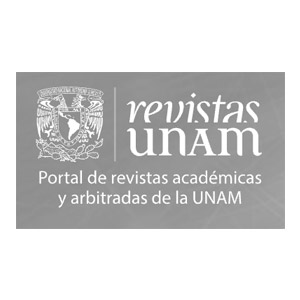Narratives and Practices in Pre-Trial Hearings: A Legal Anthropological Approach to Judicial Efficiency
This article aims to shed light on the practical organization of judicial operators in the pre-trial hearings of local Mexico City courts. Firstly, the aim is to describe cognitive, social, and objective formations, both conscious and volitional, linked to achieving the goals of the judicial bureaucracy in the practice of preliminary hearings in the justice system (the distribution, organization, and interpretation of the work) that take place and shape the social-judicial domain. Ethnographic observation and the narratives of agents in this field yield a theoretical framework formed by the actor-network theory, anthropological concepts from Garfinkel’s ethnomethodology and Bourdieu’s ideas of social field to provide a better description of agent practices in the field that produce a judicial “efficiency” that sustains, maintains, and drives the bureaucracy of the justice system, specifically during pre-trial hearings.
Article Details

This work is licensed under a Creative Commons Attribution-NonCommercial-NoDerivatives 4.0 International License.





























